Religious Education Subject Leader: Mrs E Spackman
Religious Education aims to develop children’s understanding of the world’s religions. Through Religious Education, children will learn about different religions and their traditions, practices and beliefs.
For any more information on Stone St. Mary’s Religious Education Curriculum, please contact the office.
Intent
At Stone St Mary’s C of E Primary School we study RE to enrich the quality of children’s lives. We believe it is essential for all our children to learn from and about religion to understand our community and the world around them. The RE curriculum provides opportunities for children to become global citizens and to have the confidence and vocabulary to interact with people from different cultures and backgrounds. It helps children to acquire a better understanding of Christianity and other world faiths. It encourages children to look beyond themselves, ask ‘big questions’ and think globally about life and develop an understanding of the world. The school’s vision, values and ethos are reflected in RE planning and they ensure that we treat everyone in the community with love which is the overarching value.
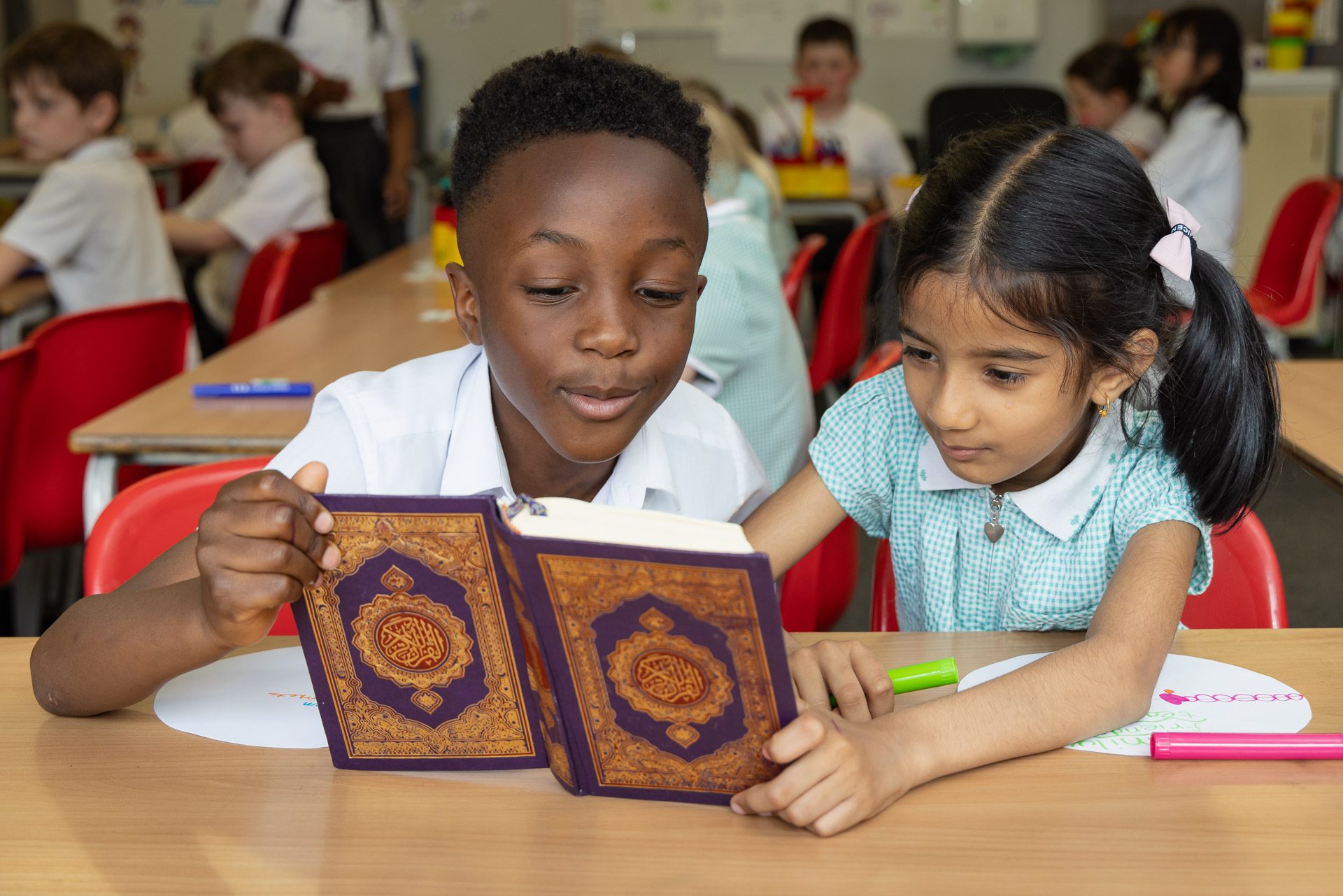
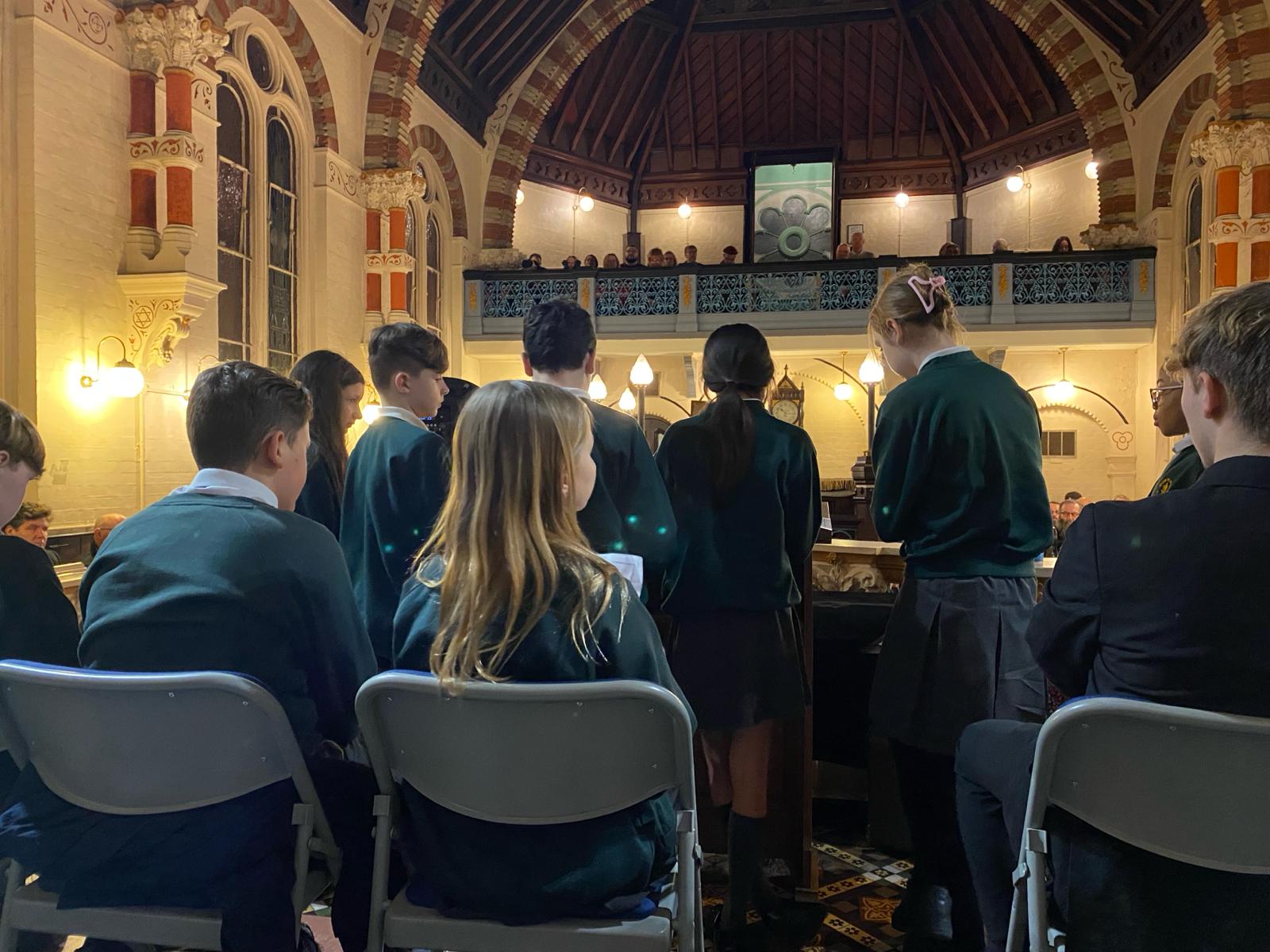
Implementation
We inspire and develop subject knowledge, skills and understanding of religious beliefs using ‘Understanding Christianity’ resources. Children study the main world religions: Christianity, Islam, Judaism, Hindu Dharma and Sikhi. We also have additional opportunities throughout the year to study other world faiths and views, such as Humanism. The scheme of work focuses on learning about religion and learning from religion using the golden threads of reality, God and community to strengthen our children’s ability to identify the connections between religions, communities and people.
Our lessons are taught with a focus on one or more of our connecting stones: community & living, God & believing, thinking & reality and religious sources. We use an enquiry-based model, where each unit is titled as a key question and children explore these questions. Children are encouraged to connect, critically reflect upon, evaluate, and apply their learning to their growing understanding of religion and belief, themselves, the world and the human experience. Links are also made with faith groups in the community, with visitors and parents being encouraged to come into the school to share their knowledge and values with the children. RE lessons take the form of discussions and debates, reflection and recording of knowledge, thoughts and views. Children’s learning and ideas are recorded in a variety of formats and we use whole class big books and individual books to capture learning.
Impact
Through their R.E. learning, the children are able to gain an informed, respectful and empathetic understanding of different faith and ethnic groups which will not only help them flourish as citizens in a diverse society but will also help promote cohesion and integration in our community.
They will show sensitivity to others and a readiness to listen to others’ viewpoints, showing respect whilst doing so.
Children will be able to:
- confidently give reasoned explanations of how and why the key Christian concepts studied, are related.
- make links between their own lives and those of others in their community and in the wider world.
- develop an understanding of other people’s cultures and ways of life.
- develop a religious vocabulary and interpret religious symbolism in a variety of forms.
- reflect on questions of meaning, offering their own thoughtful and informed insights.
- explain the beliefs of major world religions and world views, their impact on society, culture, and the wider world, enabling them to express ideas and insights.
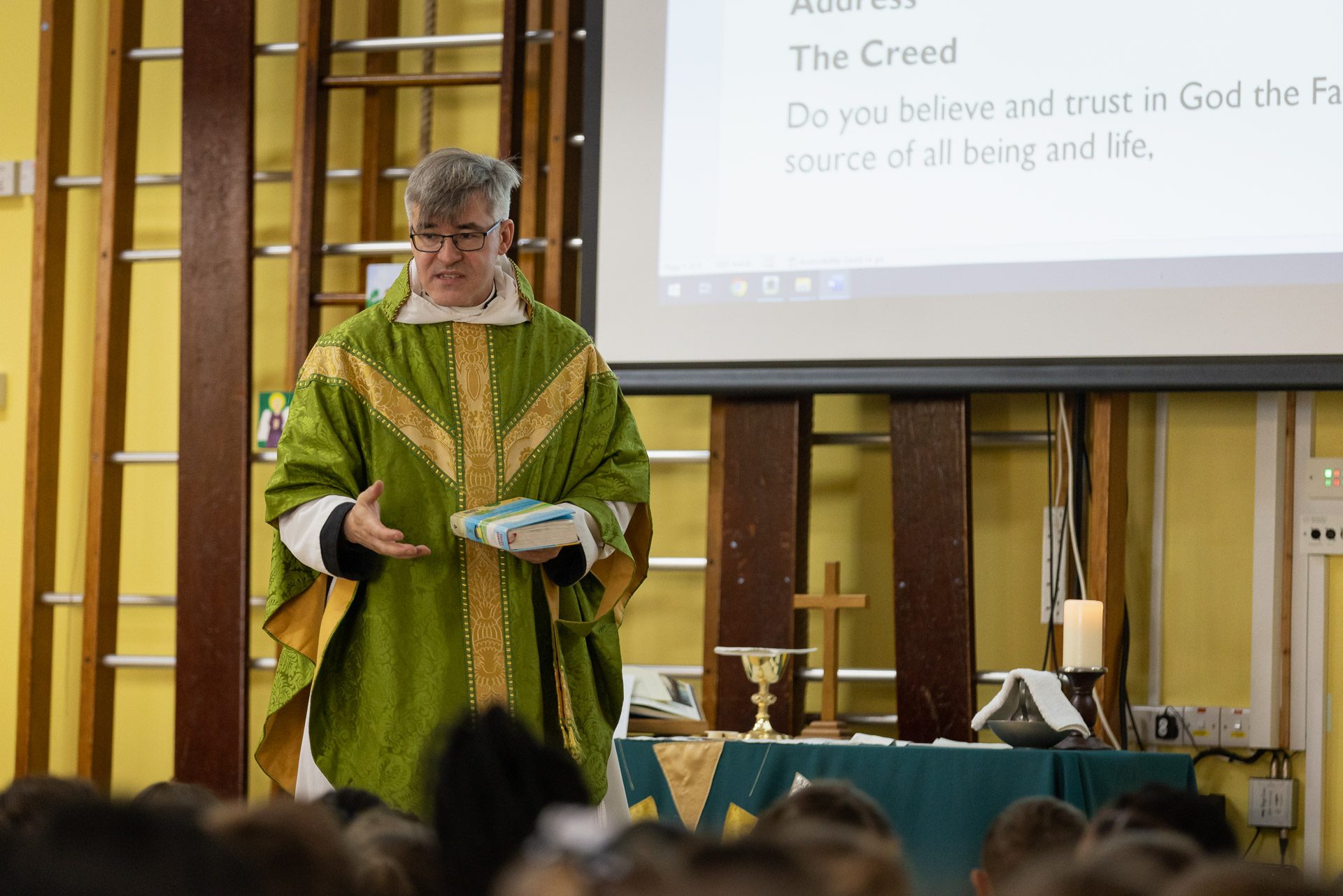
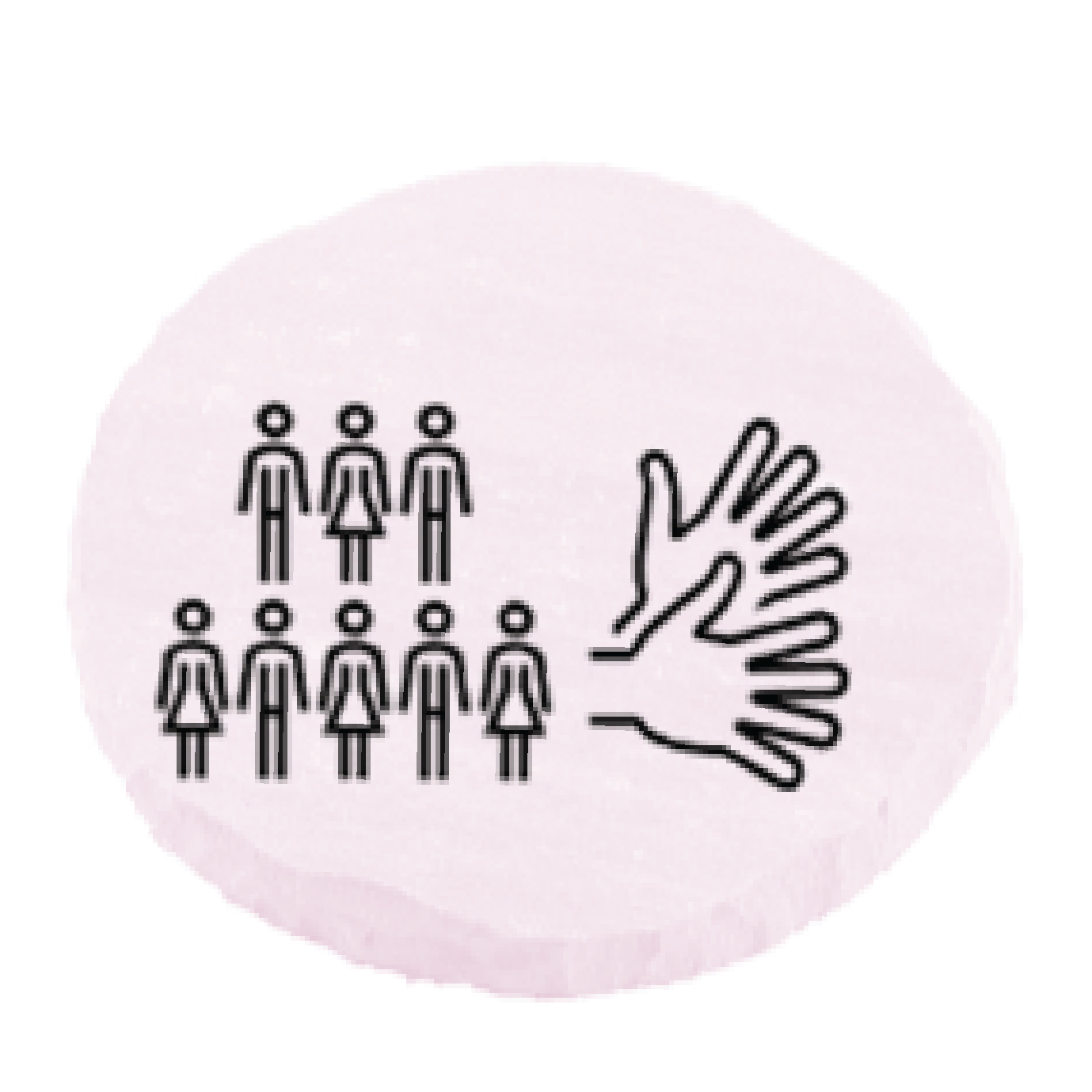
Community & Living

God & Believing

Religious Sources
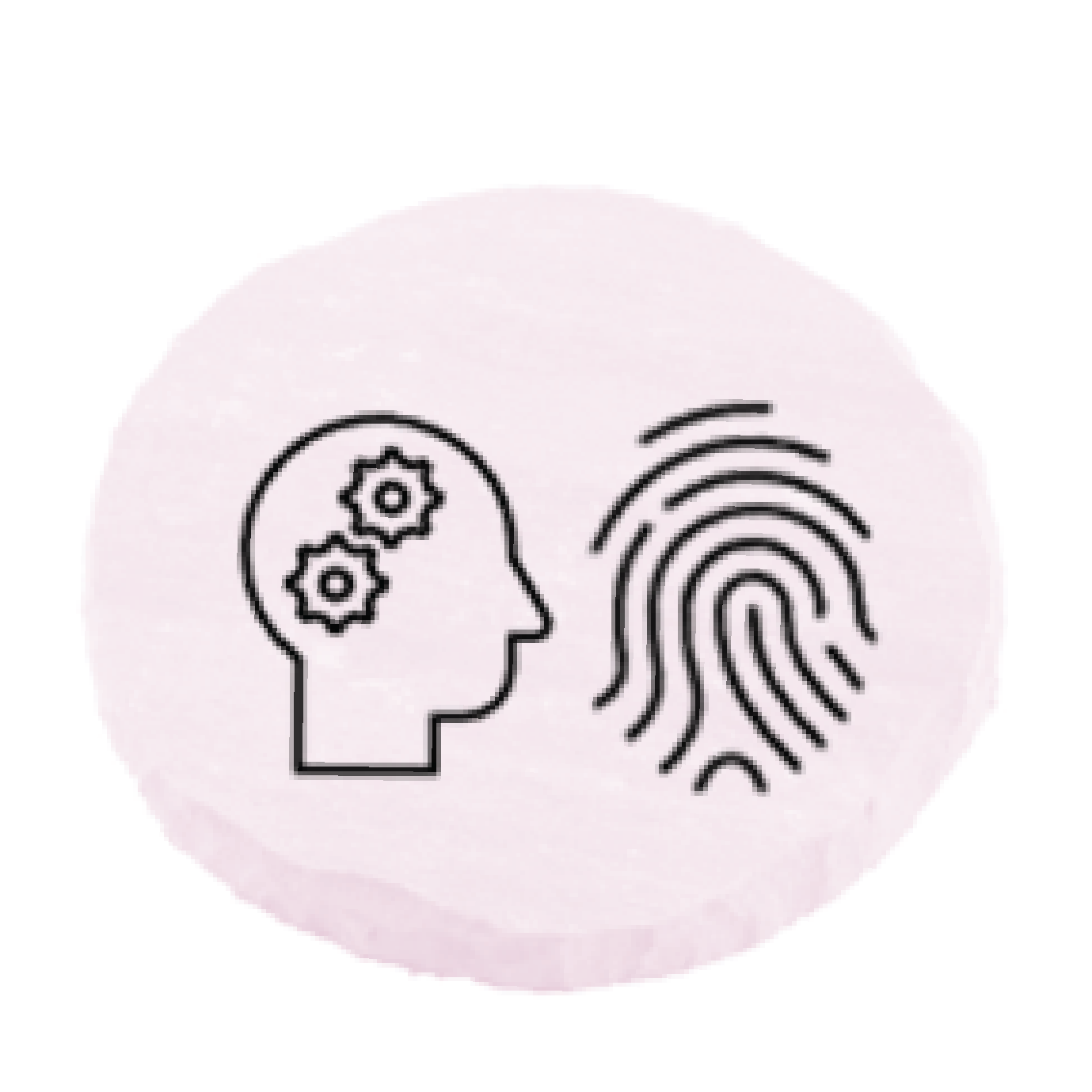
Thinking & Reality
Religious Education in Each Stage
In EYFS, children begin to understand the core concepts of Christianity: Creation, Incarnation and Salvation, as well as creatively reflect on what they can learn from the Old and New Testament stories.
They also explore other cultures and communities and look at the cohort’s own cultural family links. Through circle times, discussions and group tasks, the children are working towards having an understanding that people have differing beliefs, customs and cultures and traditions.
In KS1, children extend and broaden their understanding of the core concepts of Christianity: God, Creation, Incarnation, Gospel and Salvation. They also listen to stories told by and about people of different faith and beliefs. In Year 1, children will gain a better understanding of the Judaism faith, practices, and beliefs and in Year 2, children will gain a better understanding of the Islamic faith, practices and beliefs.
In KS2, children deepen their RE thinking skills, whilst reflecting on some of the questions and puzzles that arise from the Bible. They build upon the core concepts introduced in KS1 and develop their understanding by also looking at the People of God and the Kingdom of God. They consider any implications or connections with their own lives and ways of understanding the world. KS2 children also study a range of religious beliefs including, Sikhi, Islam, and Universal views and begin to compare, question, and reflect upon different cultures and beliefs.
Religious Education Progression
SEND Information
RE is taught at a level appropriate to the age, ability and experience of the children. Our SEND children are supported to fully access the RE curriculum.
Teachers and support staff offer adaptive teaching to enable access for all, and may provide scaffolds, pre-teaching, and other support and intervention, as outlined in the Kent Mainstream Core Standards.
Interventions, support and challenges are constantly revised and adapted to ensure all children are supported in achieving learning.
Learning is continuously monitored and assessed to ensure gaps in learning are addressed.


